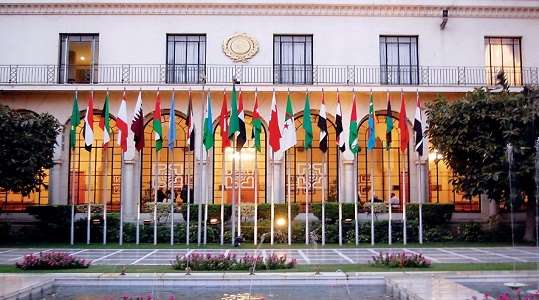The head of the International Monetary Fund, Kristalina Georgieva, considered that "public debt in many economies of the Middle East and North Africa is a concern," pointing out that "despite the successes, the region, like many regions around the world, is witnessing enormous challenges at a time when we are facing many crises."
"As the global economy slows, growth in the MENA region is also expected to slow from 5.4 percent in 2022 to 3.2 percent this year, before rising to 3.5 percent in 2024," Georgieva explained. Illustrating that, “in oil exporters, production cuts under the OPEC+ agreement may lead to a decline in overall oil revenues. Challenges will continue in oil-importing countries. Public debt is a major concern, with several economies in the region facing high debt-to-GDP ratios, which are close to 90 percent in some economies.”
For the fourth consecutive year, the IMF expects inflation in the region to exceed 10 percent, above the global average. In emerging markets and low-income economies in the region, this reflects the spillover implications of higher food prices and, in some cases, exchange rate depreciation. According to expectations, inflation will gradually ease as commodity prices stabilize and the desired effect of tightening monetary and fiscal policy is realized. The IMF also expects GCC countries to continue to contain inflation.
Source (Independent Arabia Website, Edited)

